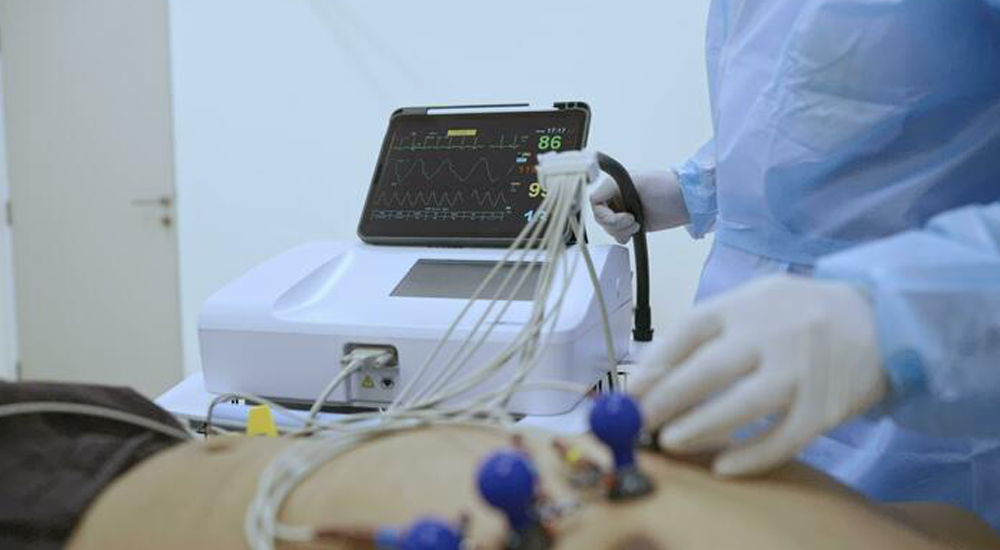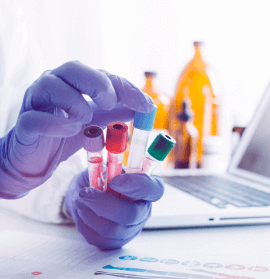ECG

What is a ECG?
An ECG scan, or electrocardiogram test is a non-invasive diagnostic test that measures the heart’s electrical activity. It involves placing electrodes on the patient’s chest and limbs to record the heart’s signals. This test provides valuable information about the heart’s rhythm, rate, and overall health, helping healthcare professionals detect and assess cardiac abnormalities for proper treatment.
Who Requires a ECG?
An ECG scan, or electrocardiogram, is a common diagnostic test used to evaluate various heart conditions. It helps detect abnormalities in heart rhythm, identify signs of a heart attack, and assess overall cardiac health. ECG scans are performed for patients with symptoms like chest pain, palpitations, or shortness of breath. They provide valuable information for treatment planning and monitoring.
Advantages of ECG
Early Detection
ECG enables early detection of heart conditions, allowing for timely intervention.
Quick and Convenient
ECG scans are relatively quick and convenient, providing immediate results that aid in prompt decision-making and patient management.

How it Works
An ECG records electrical activity of the heart via electrodes, creating a graph to detect arrhythmias and other cardiac issues.
Working Process
- Preparation
- Patient Positioning during the Scan
- Image Acquisition
- Image Analysis

